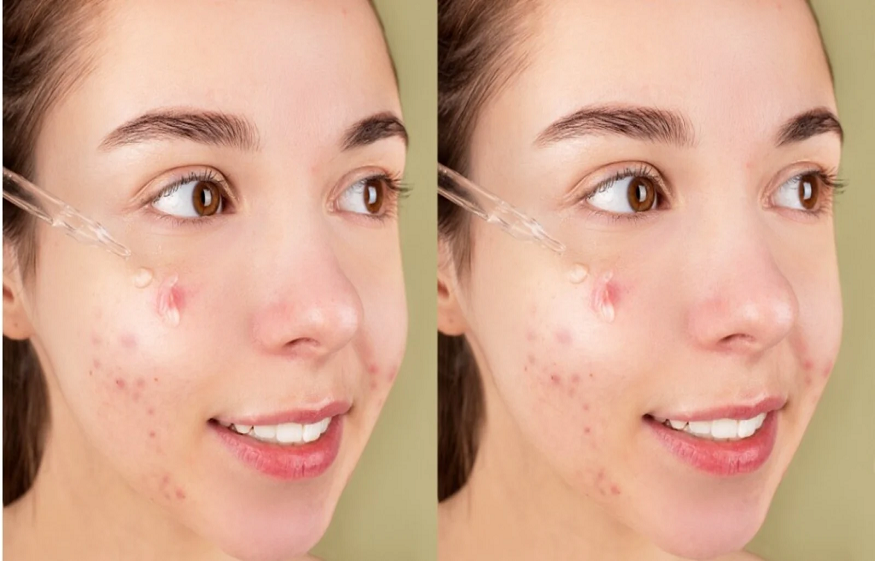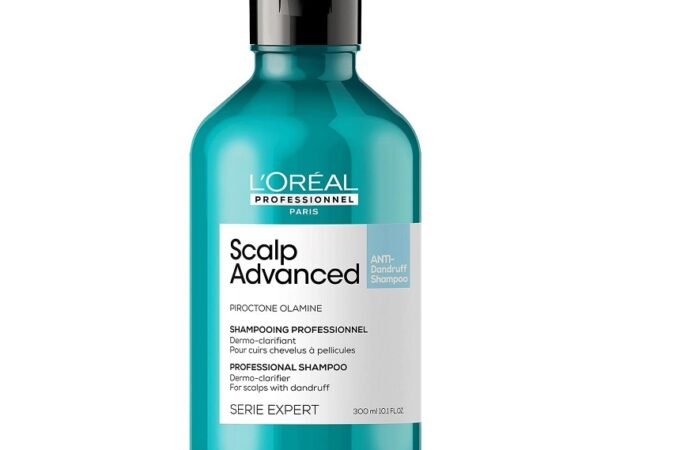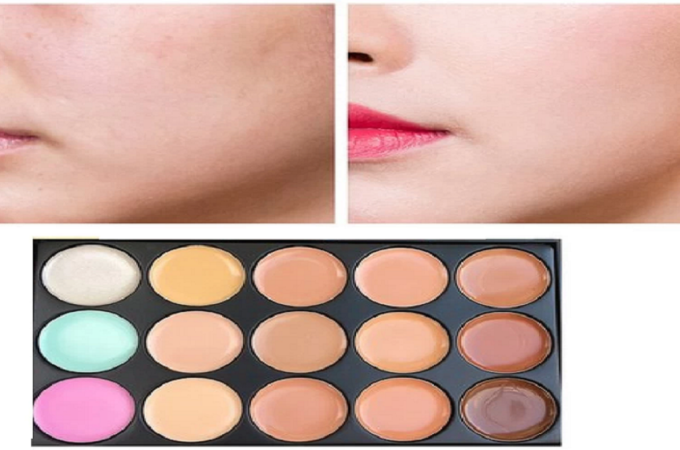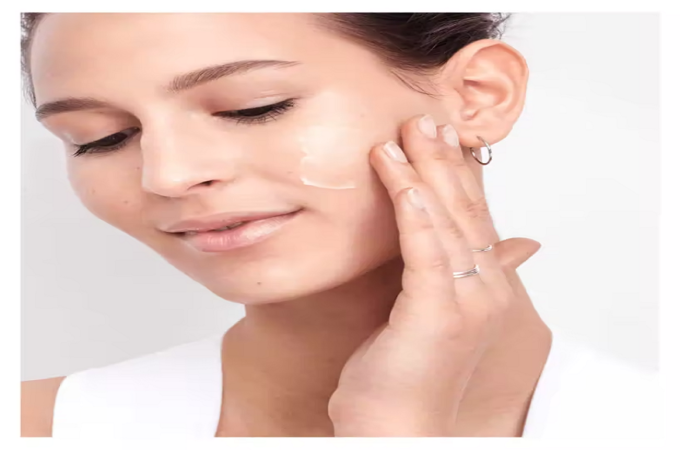
Here’s How Vitamin C Helps Banish Dark Spots
Dark spots on the skin can be a frustrating and persistent problem for many people. Whether caused by sun damage, ageing, or acne scars, these areas of hyperpigmentation can be difficult to treat and often make us feel self-conscious. Fortunately, a natural solution can help banish dark spots and even out skin tone: Vitamin C.
Vitamin C is a powerful antioxidant that is crucial to skin health. It helps to protect the skin from damage caused by free radicals, which can accelerate ageing and contribute to the formation of dark spots.
In addition to its protective benefits, Vitamin C also has a brightening effect on the skin. When applied topically, it can help to fade existing dark spots and prevent new ones from forming, giving you a more even and radiant complexion.
How does Vitamin C work?
Vitamin C, also known as ascorbic acid, is a water-soluble vitamin essential for collagen synthesis. Collagen is a protein that provides structure and elasticity to the skin, and its breakdown can lead to the formation of wrinkles and fine lines.
Vitamin C also has a skin-brightening effect, as it inhibits the production of melanin, the pigment that gives our skin its colour. By blocking melanin production, Vitamin C can help fade existing dark spots and prevent new ones from forming.
What are the benefits of using Vitamin C on your skin?
Vitamin C is a powerhouse ingredient that can offer numerous benefits for the skin. From reducing dark spots to improving overall skin health, incorporating Vitamin C into your skincare routine can help achieve a brighter, more youthful complexion. In addition to its skin-brightening and dark spot-fading effects, Vitamin C can also help fade acne scars. Here is why you should consider adding Vitamin C to your regimen:
Reduces Dark Spots
Vitamin C is known for its skin-brightening properties, which can help reduce the appearance of dark spots caused by hyperpigmentation. By inhibiting the production of melanin – the pigment responsible for skin colour, Vitamin C can help fade dark spots and even out skin tone.
Brightens Dull Skin
As an antioxidant, Vitamin C can neutralize free radicals that damage the skin, leading to a brighter and more radiant complexion. Vitamin C can also help improve skin texture and overall skin health, leaving the skin looking more youthful and refreshed.
Fades Acne Scars
Vitamin C’s collagen-boosting properties can help improve the appearance of acne scars. By increasing collagen production, Vitamin C can promote the healing and repair of damaged tissue, which can help reduce the appearance of scarring over time. Incorporating a high-quality Vitamin C serum or moisturizer into your daily skincare routine can help improve the overall texture and firmness of the skin.
Soothes and Hydrates Skin
In addition to its other benefits, Vitamin C can also help soothe and hydrate the skin, making it an excellent ingredient for sensitive or dry skin. Vitamin C helps improve the skin’s natural barrier and prevent transepidermal water loss, leading to smoother, more hydrated skin.How to incorporate Vitamin C into your skincare routine?
Depending on your skin type and concerns, there are several ways to incorporate Vitamin C into your skincare routine. One of the most popular methods is to use a Vitamin C serum, a concentrated formula that can be applied directly to the skin.
Look for a serum with a concentration of at least 10% Vitamin C, and use it after cleansing and toning your skin but before moisturizing. You can also find Vitamin C in moisturizers, face masks, and even in some makeup products.
5 Tips for Using Vitamin C on Your Skin
Here are some tips for using Vitamin C on your skin to get the most out of its benefits:
- Always start with a lower concentration of Vitamin C and gradually increase it over time to avoid irritation.
- Always use sunscreen after you apply your Vitamin C serum. Vitamin C can make your skin more sensitive to UV rays.
- Consider pairing Vitamin C with other antioxidants, such as Vitamin E and Ferulic acid, to boost its effectiveness.
- Store your Vitamin C products in a cool, dark place to prevent them from oxidizing and losing effectiveness.
- Be patient and consistent with using Vitamin C, as it can take several weeks to see visible results. Look for high-quality Vitamin C serums or moisturizers and use them consistently in your daily skincare routine.
Pro Tip by Tira:
Incorporate Vitamin C-rich foods into your diet, such as citrus fruits, berries, bell peppers, and leafy greens. These help boost the skin’s overall health and appearance. Eating a well-rounded diet that includes plenty of Vitamin C can support your skin’s natural healing and rejuvenation processes, helping reduce the appearance of dark spots and improve your skin’s texture and tone.What skincare ingredients can you combine with Vitamin C?
While Vitamin C is a powerful ingredient on its own, combining it with other skincare ingredients can help to enhance its benefits even further.
For example, as mentioned above, Vitamin C works well when paired with Vitamin E and Ferulic acid, as these antioxidants can help to stabilize and boost its effectiveness.
Retinol is another ingredient that can be combined with Vitamin C, as it can help to improve skin texture and reduce the appearance of fine lines and wrinkles.
But every skin type is different, and you should always experiment with different ingredient combinations to find a skincare routine that works best for your individual needs and concerns.
In conclusion, adding Vitamin C to your skincare routine can help reduce the appearance of dark spots by using Vitamin C-rich products consistently and incorporating Vitamin C-rich foods into your diet. Patience and consistency are key.
Tira offers high-quality Vitamin C skincare products, including a Vitamin C Serum and Moisturizer formulated with natural ingredients to brighten your complexion. Explore Tira’s other skincare products for all skin types and concerns to achieve healthy, glowing skin.





